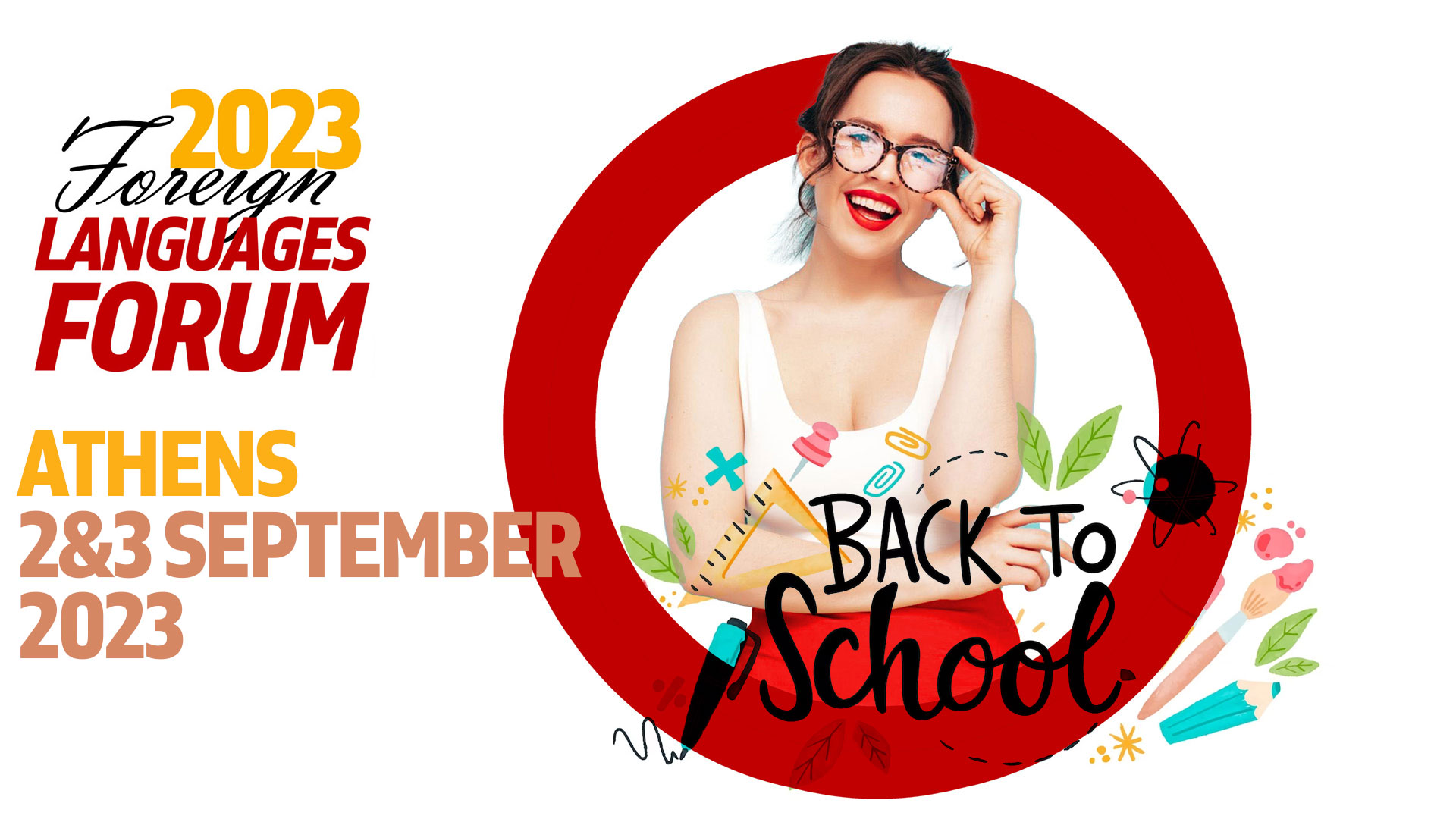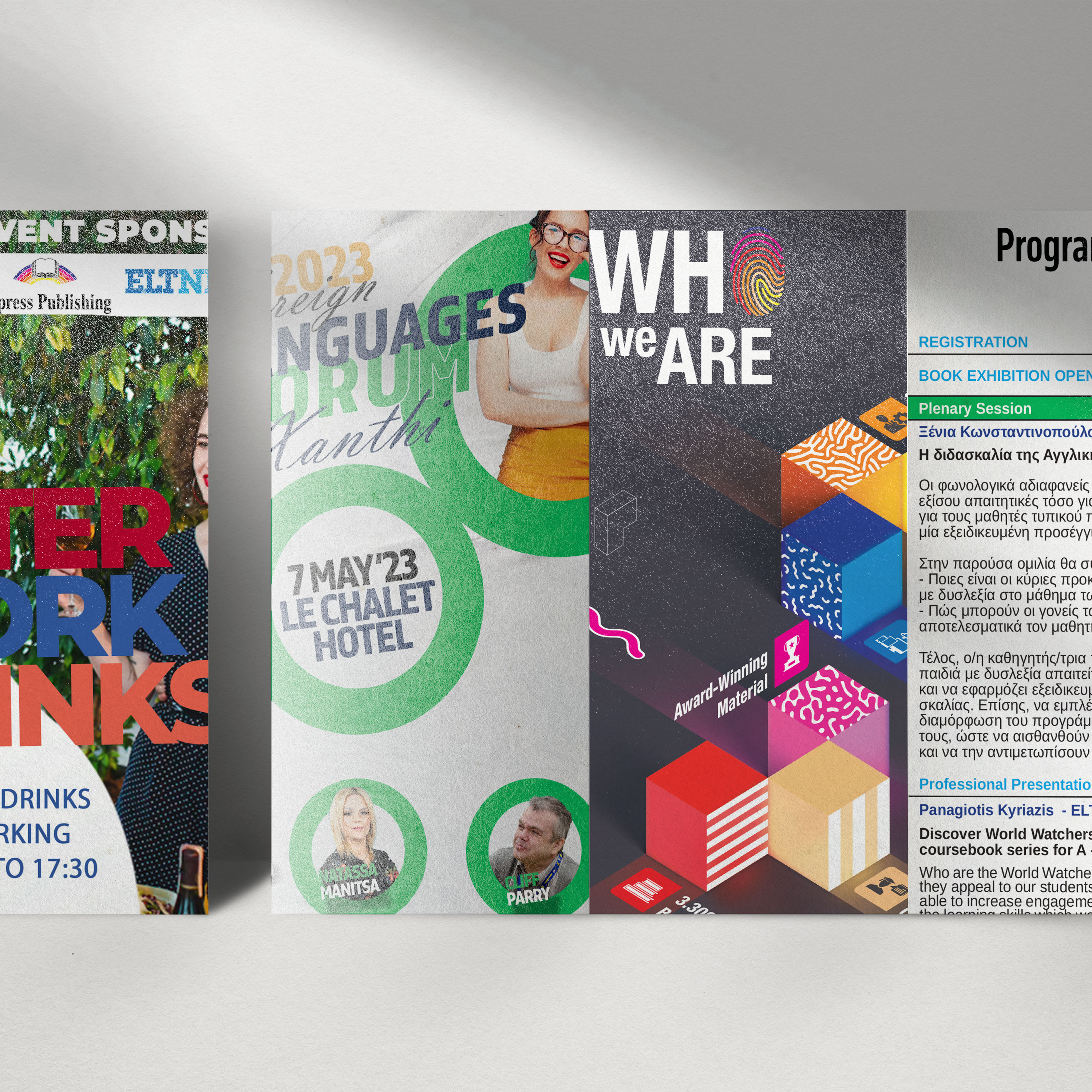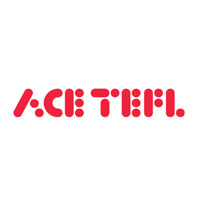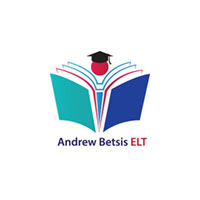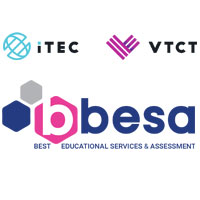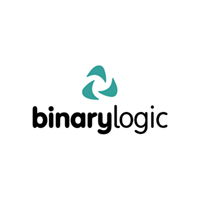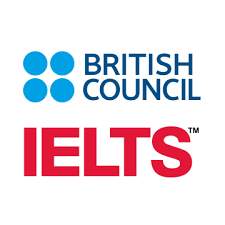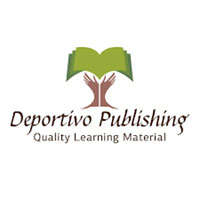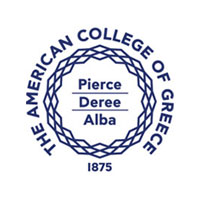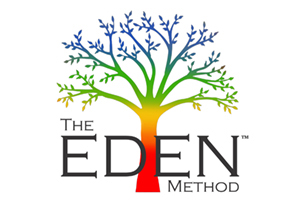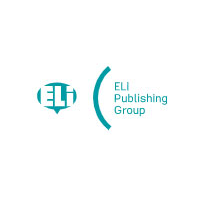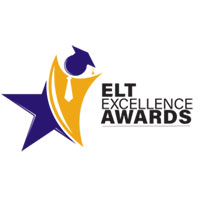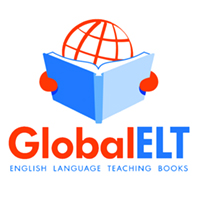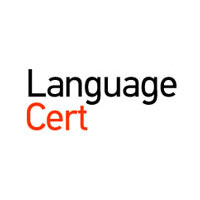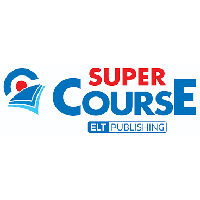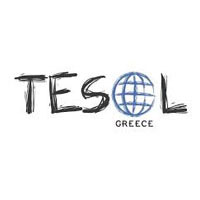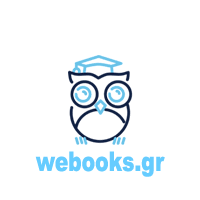Focal Theme
A.I and ChatGPT in language learning
Artificial IntelligenceLanguage EducationFriend or Foe?Revolutionizing Learning?
The Plenary Speakers
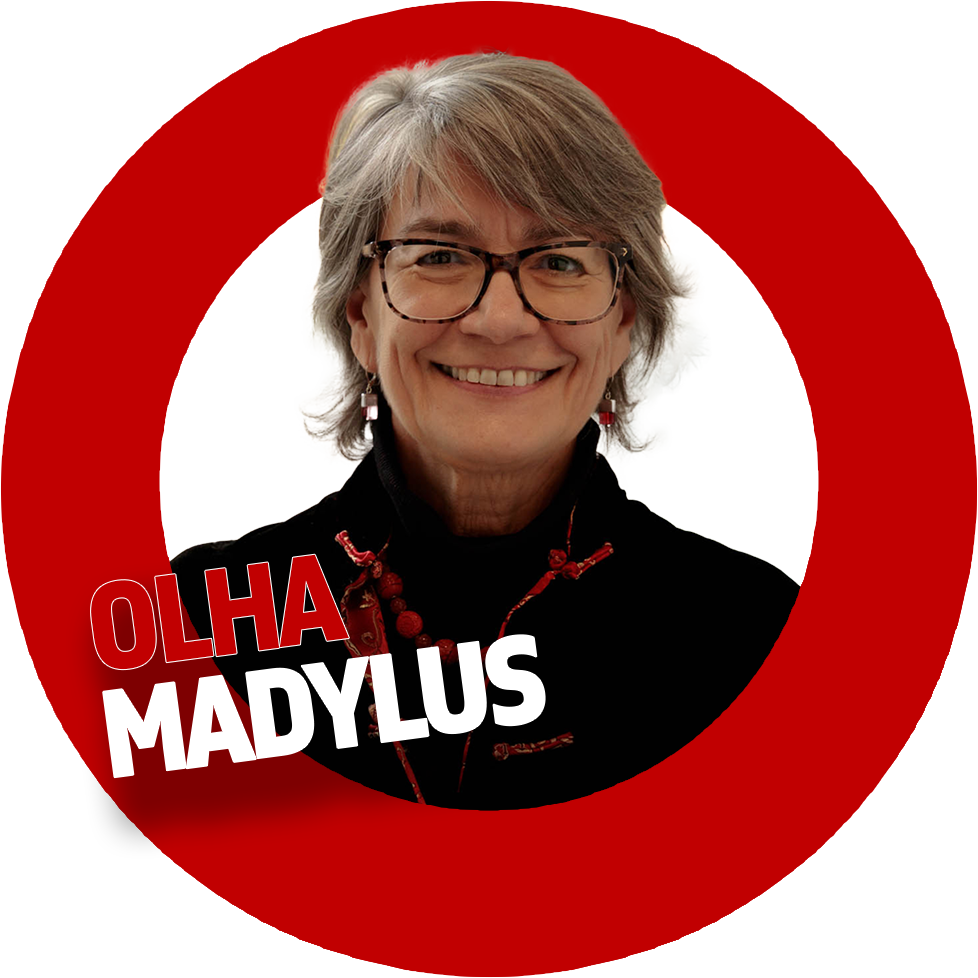
Olha Madylus
Olha has taught in the UK, Hong Kong, Venezuela and Greece, which will always be home to her. She is a freelance author, materials’ designer, consultant and teacher trainer. She is based in London and does global consultation, teacher training and teacher trainer training for organisations such as Cambridge University Press, The British Council and Ministries of Education worldwide. Her main focus is on understanding and motivating learners. She is the author of Film, TV and Music, a photocopiable activities book for teenagers, Cambridge University Press.
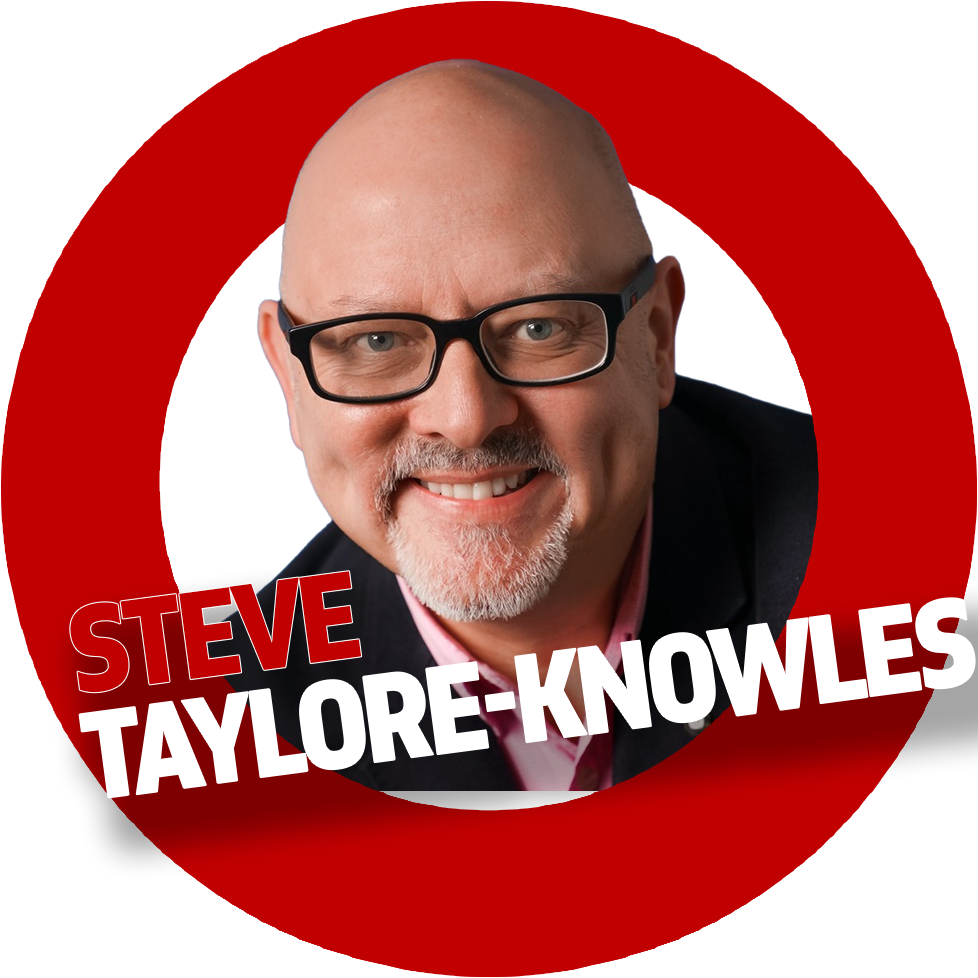
Steve Taylore-Knowles
Steve Taylore-Knowles has been involved in ELT for over two decades as a teacher, examiner, trainer and author. He holds BA (Hons) and MA degrees from the University of Warwick and is a Licentiate of Trinity College, London (Dip TESOL).
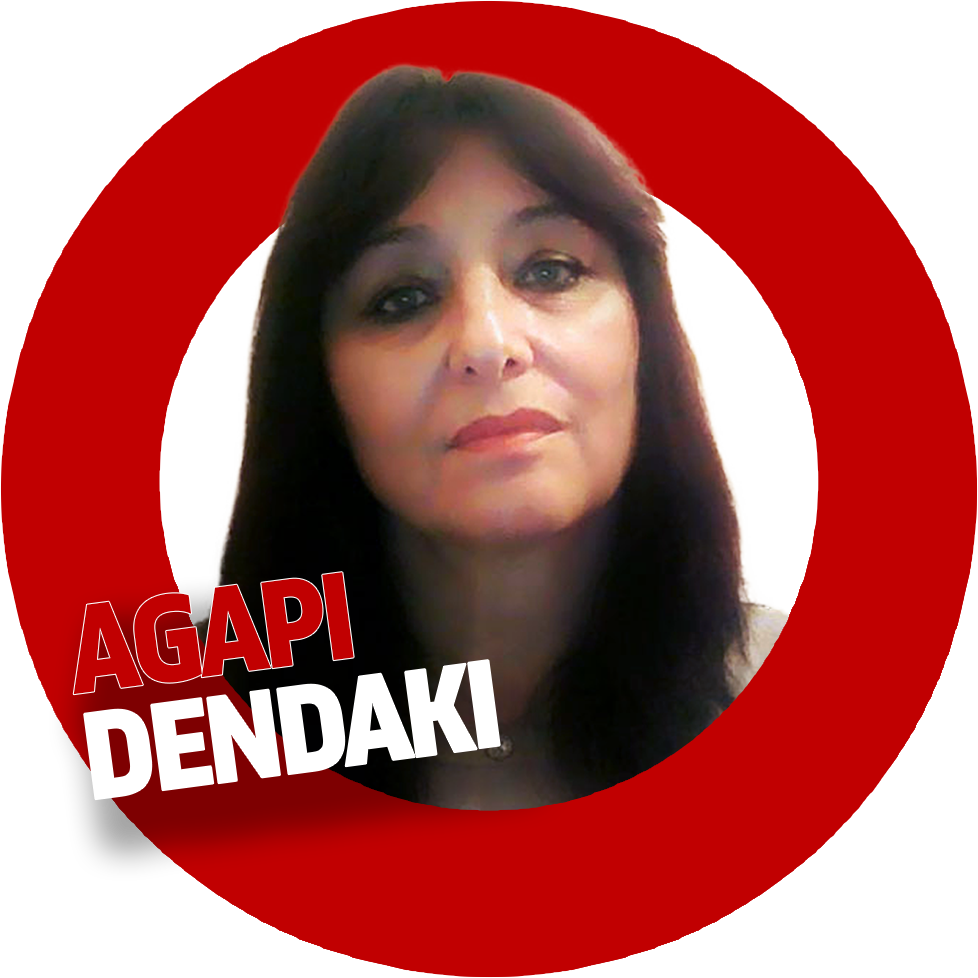
Agapi Dendaki
Agapi Dendaki has studied English and Greek Literature and holds an M.A. in Special Education and an M.Ed. in Counselling in Education from the University of LaVerne. She has been an EFL teacher for the past 35 years, most of which in the public sector. She has also designed, organized and taught many professional development programmes under the auspices of Greek Universities and private educational institutions. For the past fifteen years she has collaborated with the University of Athens mentoring undergraduate students in teaching EFL and running a workshop on Differentiated Instruction in EFL. She has co-authored teaching materials for EFL settings and for graduate students. Her professional and research interests focus on differentiated instruction, learning difficulties, teaching technologies and classroom management.
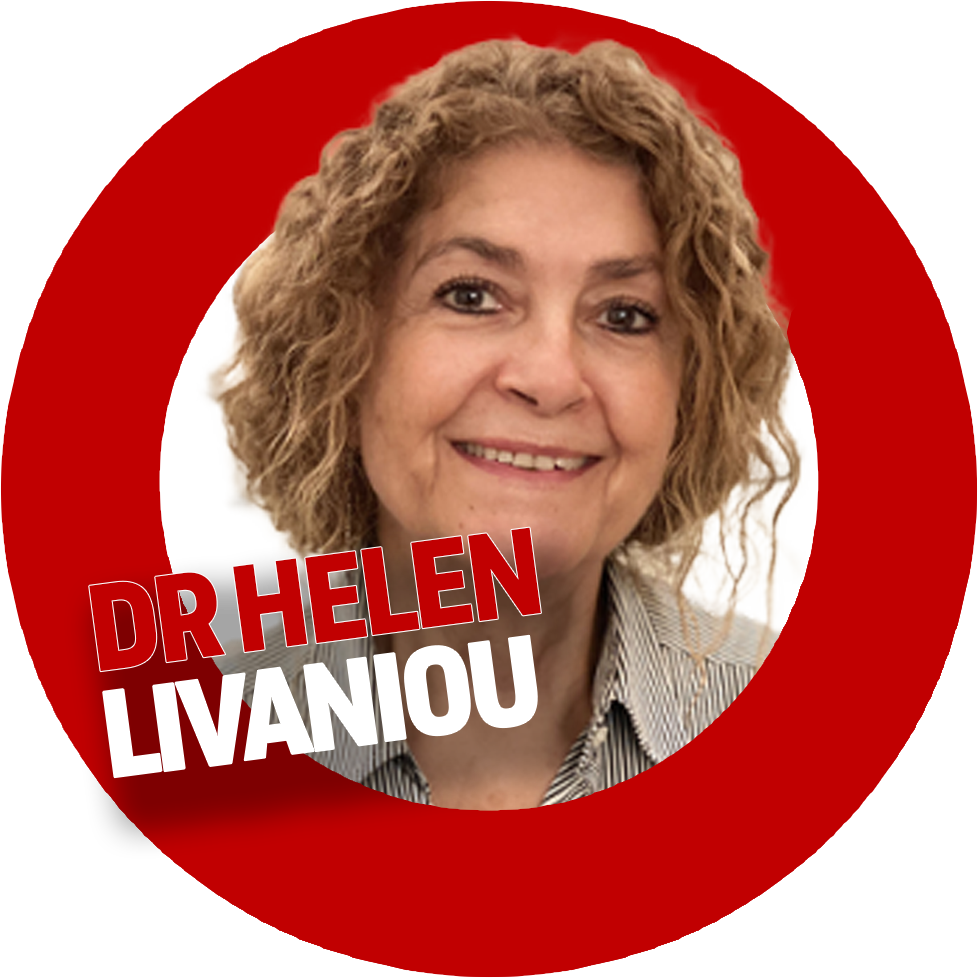
Dr Helen Livaniou
Dr Helen Livaniou is an educational psychologist with studies at the University of Brighton and specialization in learning difficulties, secondary psychological issues, and behavioral problems in mainstream schools. She holds a Master's and Ph.D. in Educational Psychology. She has taught at the Universities of Sussex and Nottingham Trent in England. She is a founding member and President of the Hellenic Dyslexia Association (HDA). She collaborates with the Special Diagnostic Therapeutic and Research Unit "S. Doxiadis," responsible for the Learning Difficulties department and the "S. Doxiadis - Research for the Child" Foundation.
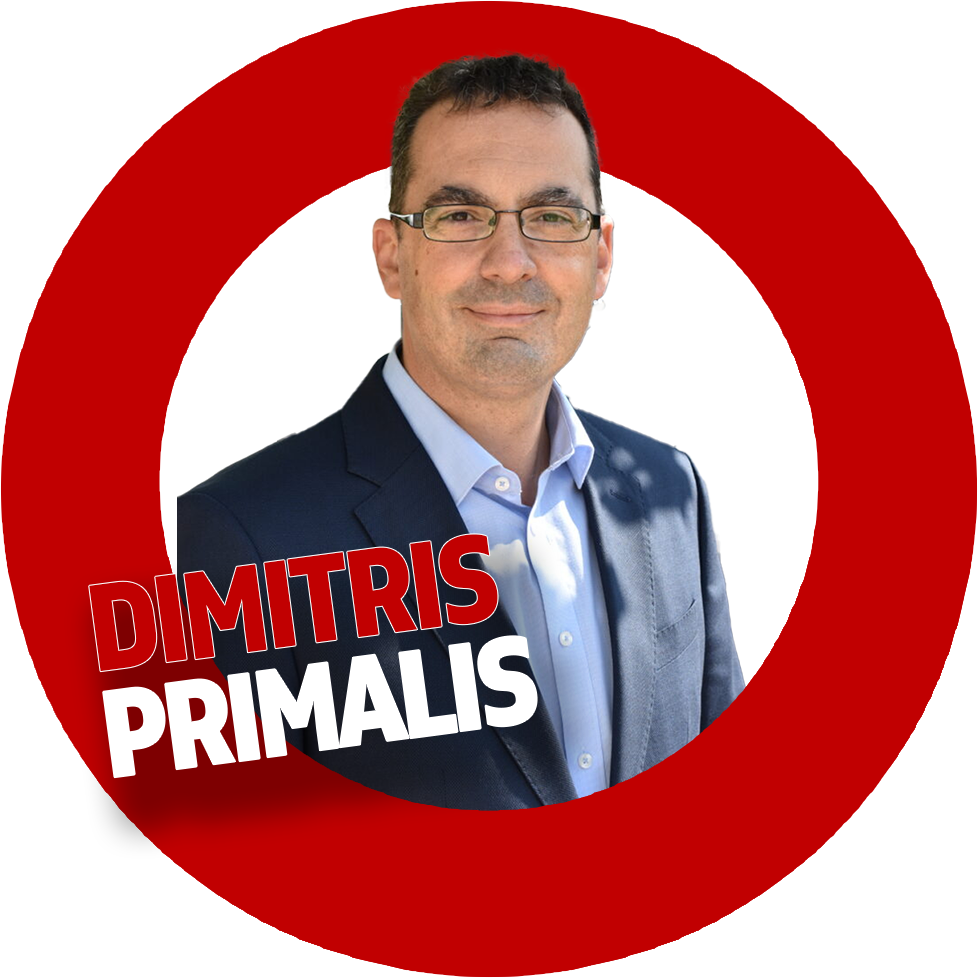
Dimitris Primalis
Dimitris Primalis (M.A. in Education) is an EFL teacher and teacher trainer. He is interested in integrating innovation in the daily teaching practice and in supporting continuous professional development for educators. For his work, he has been awarded the title of “Innovative Educator Fellow” by Microsoft in Education and was voted as “ELT 2021 Influencer” by the ELT News. Dimitris has also served as TESOL Greece chairperson, vice- chair, and Newsletter editor, and as IATEFL Learning Technologies SIG Assistant Editor. He is the primary and kindergarten EFL coordinator, and “Innovation and Best Practices Days” project manager at Doukas school, Athens.
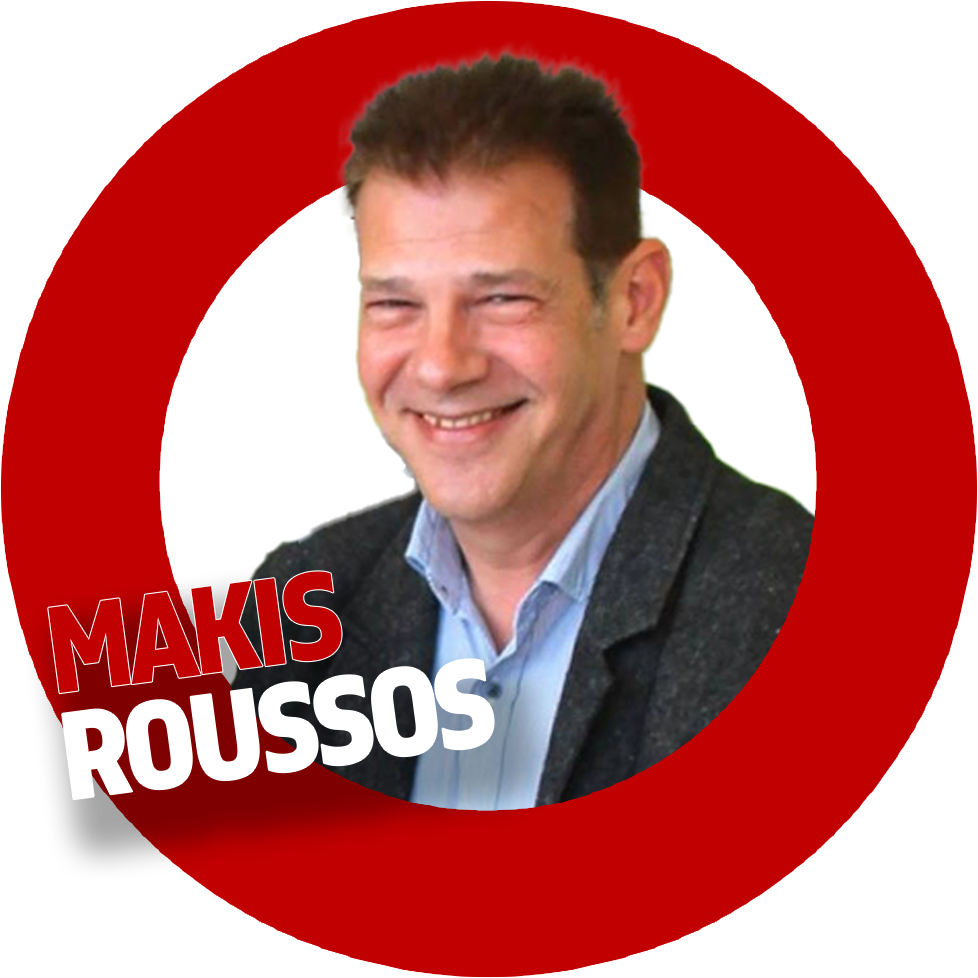
Μάκης Ρούσσος
Ο Γεράσιμος Ρούσσος είναι εξειδικευμένος στην Παιδιατρική Εργοθεραπεία από το 1990 και είναι κάτοχος μεταπτυχιακού (MSc) στην Εκπαιδευτική Ψυχολογία. Έχει ολοκληρώσει από το 2006 – 2010 τις σπουδές του στο τμήμα Ψυχολογίας του Ανοιχτού Ιδρύματος Εκπαίδευσης. Διαθέτει πλούσια εμπειρία (33 έτη) στο χώρο της Ειδικής Αγωγής και έχει παρουσιάσει εργασίες του σε αρκετά Διεθνή Ιατροψυχολογικά και Παιδαγωγικά συνέδρια και Επιστημονικές Ημερίδες.
Είναι Επιστημονικός Υπεύθυνος από το 2000, έχοντας πάρει τη σημερινή του μορφή, του Διεπιστημονικού Κέντρου Λόγου, Μαθησιακών & Αναπτυξιακών Δυσκολιών “Ανάπτυξη & Εκπαίδευση”.

Katherine Reilly
Katherine Reilly was born in Chicago Illinois and has dedicated herself to the field of education and specifically that of English Literature. As an educator, she works at a private school in Athens Greece, teaching English to learners of all ages and levels, while also working as an oral examiner for the majority of universities which certify candidates in the use of the English Language. In the role of Academic Teacher Trainer, Katherine delivers lectures to audiences of both graduates and experienced educators in domestic as well as international English language teaching conferences. Her passion is inspiring critical thinking through active learning strategies and stimulating young learners’ potential in writing and speaking.

Dr Mike Kenteris
A dynamic educator, owner of an EFL school, and dedicated researcher! Committed to the idea that Flipped Learning has the potential to transform education, he employs cloud-based AI tools and innovative teaching techniques to elevate students' learning experiences. With an impressive academic background, including an M.Eng. from Loughborough University, UK, he continuously pushes the boundaries of blended learning and instructional design.
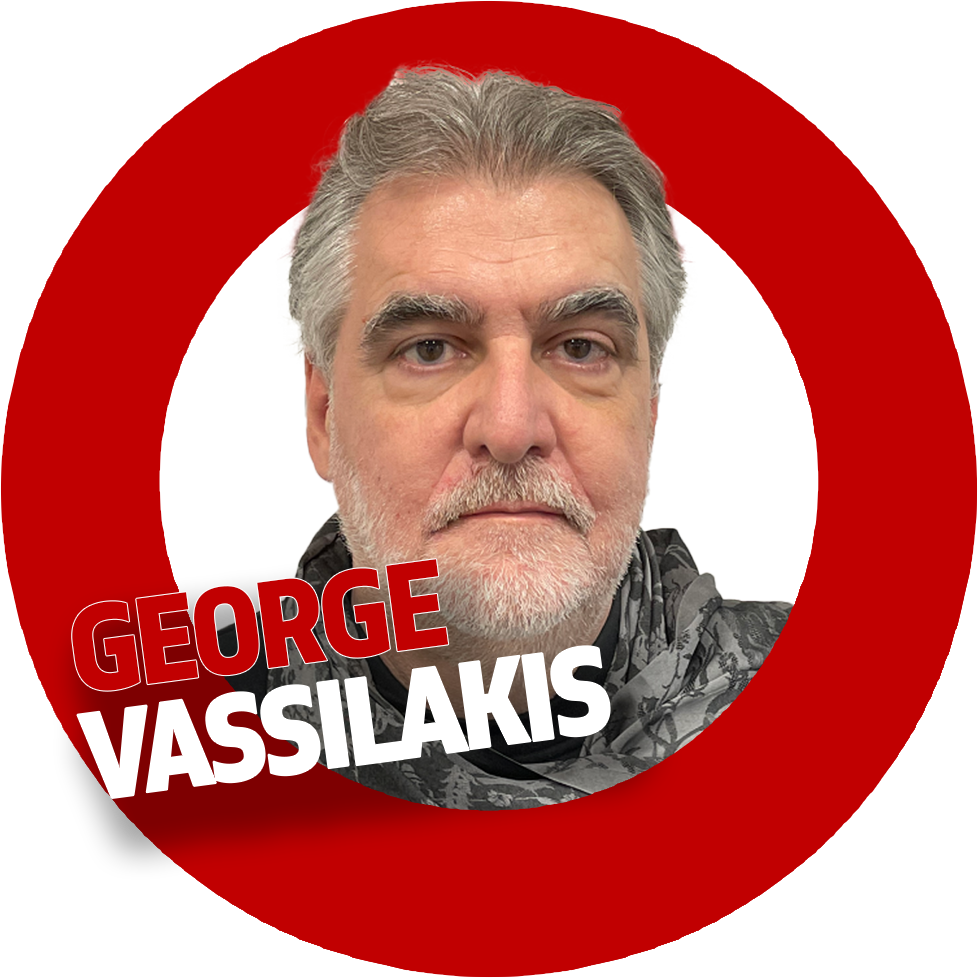
George Vassilakis
George Vassilakis is an ELT teacher, trainer and author. He has trained teachers of English for over thirty years and has written more than twenty coursebooks, teacher’s books and supplementary materials for young learners, adults and young adults (published by Heinemann, Cengage and Macmillan).
George is the co-founder and Head of ACE TEFL, a teacher development centre in Athens Greece, where he still trains teachers on a daily basis, mostly on Cambridge DELTA and CELTA courses, face to face and online.
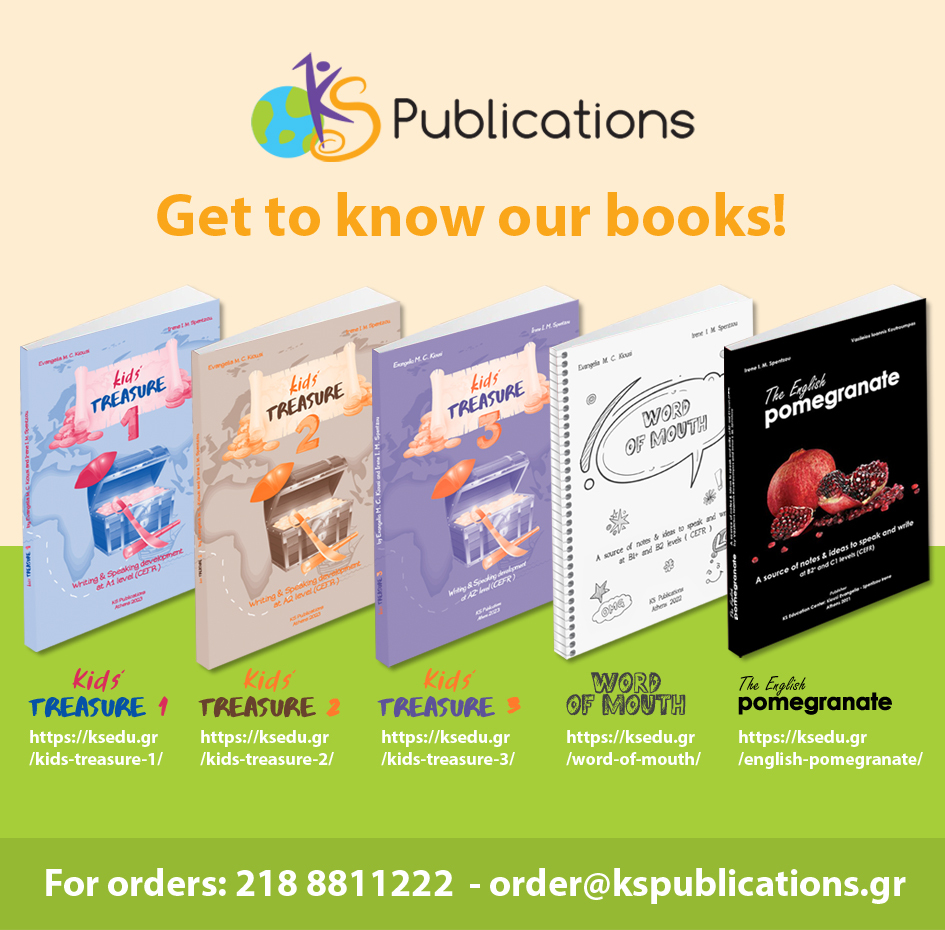
Books Giveaway!
Get to know the books of KS Publications!
Join us at the FL Forum in Athens for an incredible opportunity to win fantastic literary treasures! Six lucky winners, three on Saturday and three on Sunday, will be granted the chance to enrich their reading collection with captivating titles.
📖 "Kids Treasure 1,2 & 3"
🗣️ "Word of Mouth
🍃 "The English Pomegranate"
Be sure to attend the FL Forum to participate and stand a chance to win these remarkable books! 🎁
The Plenary Sessions
Creativity in the English Language Classroom
Creativity in the English Language Classroom
Language production, at its most fundamental level, can be seen as an act of creativity. According to Noam Chomsky, when we acquire language, we don't simply memorize fixed phrases and retrieve them when needed; rather, we internalize grammar, vocabulary, functions, and more, and then rearrange our knowledge to generate the language required in any given situation. In some cases, we even produce language that has never been arranged in that particular way before.
In addition to exploring the notion that every act of language is inherently creative, we will also examine activities that specifically aim to harness imagination and creativity. This includes approaches like applying creativity to grammar and engaging in dramatic expression.
Unleashing the Power of AI: Revolutionizing Language Learning in Greece
Unleashing the Power of AI: Revolutionizing Language Learning in Greece
Adapting Your Textbook to Meet the Needs of English Language Learners
Adapting Your Textbook to Meet the Needs of English Language Learners
Toxic Educational Environments and How to Address Them
Toxic Educational Environments and How to Address Them
Embracing the Power of AI in English Language Teaching: Friend or Foe?
Embracing the Power of AI in English Language Teaching: Friend or Foe?
Η Αυτοφροντίδα μέσα από την Αυτογνωσία και ο Εκπαιδευτικός
Η Αυτοφροντίδα μέσα από την Αυτογνωσία και ο Εκπαιδευτικός
Δεν είναι περίεργο που οι εκπαιδευτικοί καταρρέουν, κι εγκαταλείπουν το επάγγελμα. Το επάγγελμά μας περνά από σοβαρή κρίση και συχνά ακυρώνεται.
Πώς λοιπόν παραμένεις σε μια δουλειά που είναι τόσο πιεστική, ενώ νιώθεις υποτιμημένη και καταπονημένη; Πρέπει να δώσεις προτεραιότητα στην αυτο-φροντίδα. Να μάθεις πώς μπορείς να χαλαρώνεις, να επαναφορτίζεσαι, να ισσοροπείς τις προτεραιότητές σου, και να επιστρέφεις με όρεξη και όραμα για να διδάξεις- κάθε μέρα, κάθε χρόνο.
Sponsored by Burlington Books
Are you sure you’re inclusive? A teacher’s reflection
Are you sure you’re inclusive? A teacher’s reflection
BuzzWords, Myths and Realities in ELT
BuzzWords, Myths and Realities in ELT
Προβλήματα Συμπεριφοράς και Πειθαρχία χωρίς φωνές και καθημερινές εντάσεις. Η αξία των ορίων και η αυτονόμηση του παιδιού
Προβλήματα Συμπεριφοράς και Πειθαρχίας χωρίς φωνές και καθημερινές εντάσεις. Η αξία των ορίων και η αυτονόμηση του παιδιού
Στην ομιλία συτή θα αναλύσουμε:
👉 Προβλήματα συμπεριφοράς και πώς να τα αντιμετωπίζουμε χωρίς να αναβαθμίζουμε τη φωνή μας.
👉 Πώς να διαχειριστούμε τις καθημερινές εντάσεις και να επιδιώξουμε την ειρηνική επίλυση των προβλημάτων.
👉 Η σπουδαιότητα των ορίων στην ανάπτυξη των παιδιών μας και πώς να τα επιβάλλουμε με αγάπη και σεβασμό.
👉 Πώς η αυτονομία των παιδιών τα βοηθά να αναπτύσσονται και να αποκτούν δεξιότητες για το μέλλον τους.
The Workshops
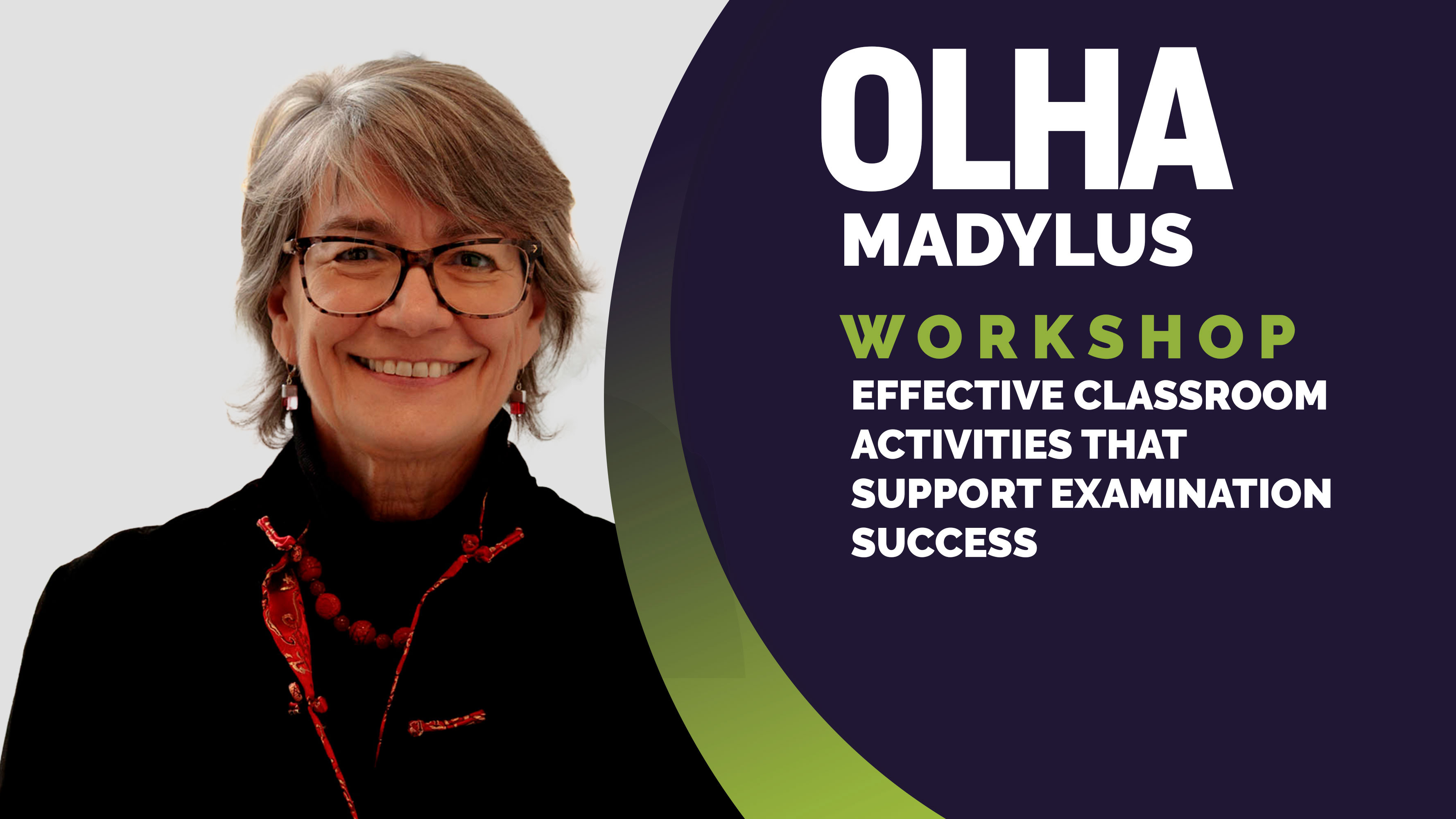
The workshop will introduce a number of classroom activities that not only allow for students’ creativity but are effective in developing crucial language as well as skills that will support examination success.
We will focus on easy to prepare activities that can be effortlessly integrated into lessons and that will motivate and engage learners at all levels and ages.
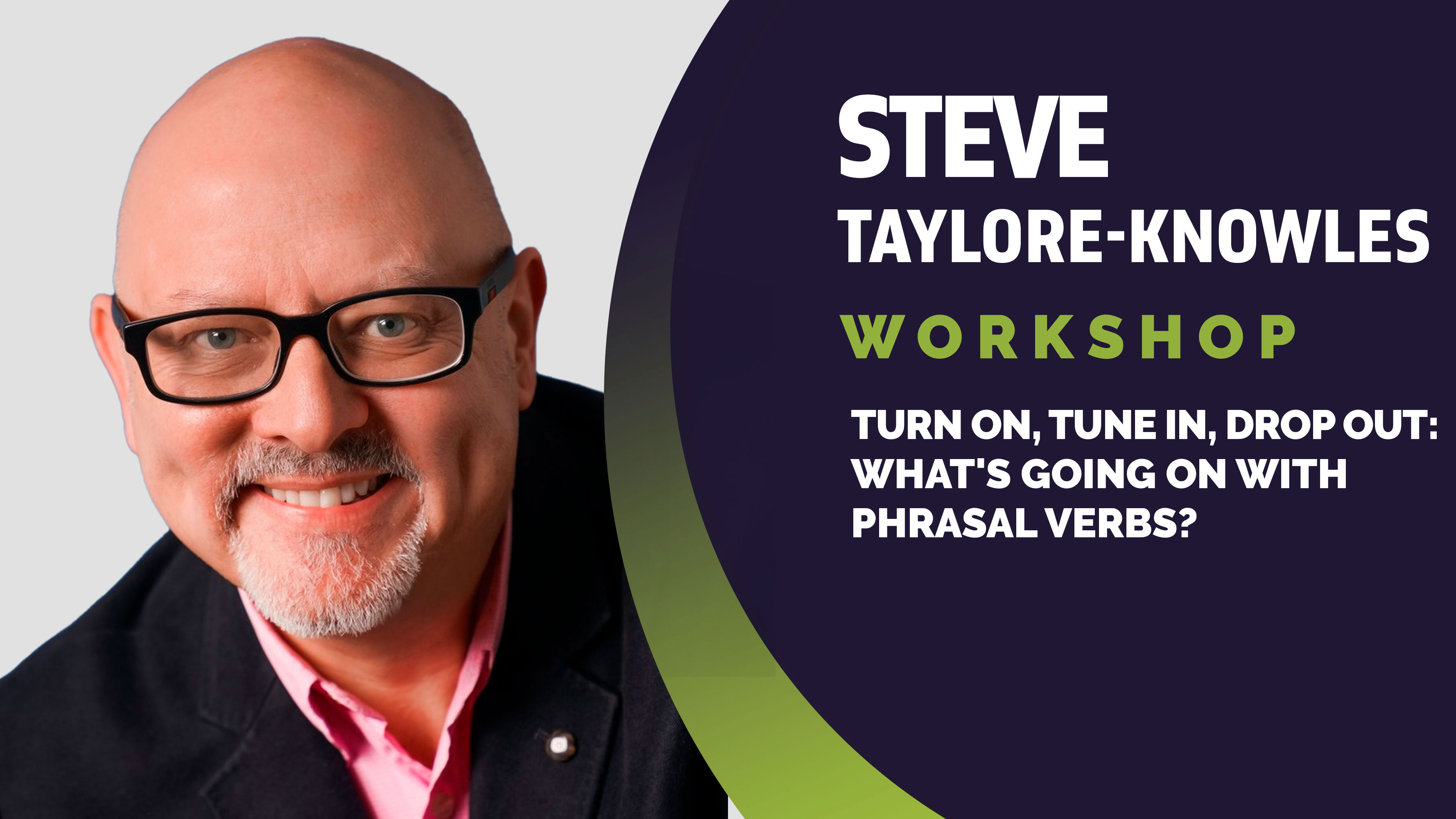
Phrasal verbs are a real challenge for students. They can seem random, and are often reduced to a list of items that just have to be memorized. Is that all phrasal verbs are, or can we provide students with greater awareness of what’s really going on with them? This practical workshop explores this area.
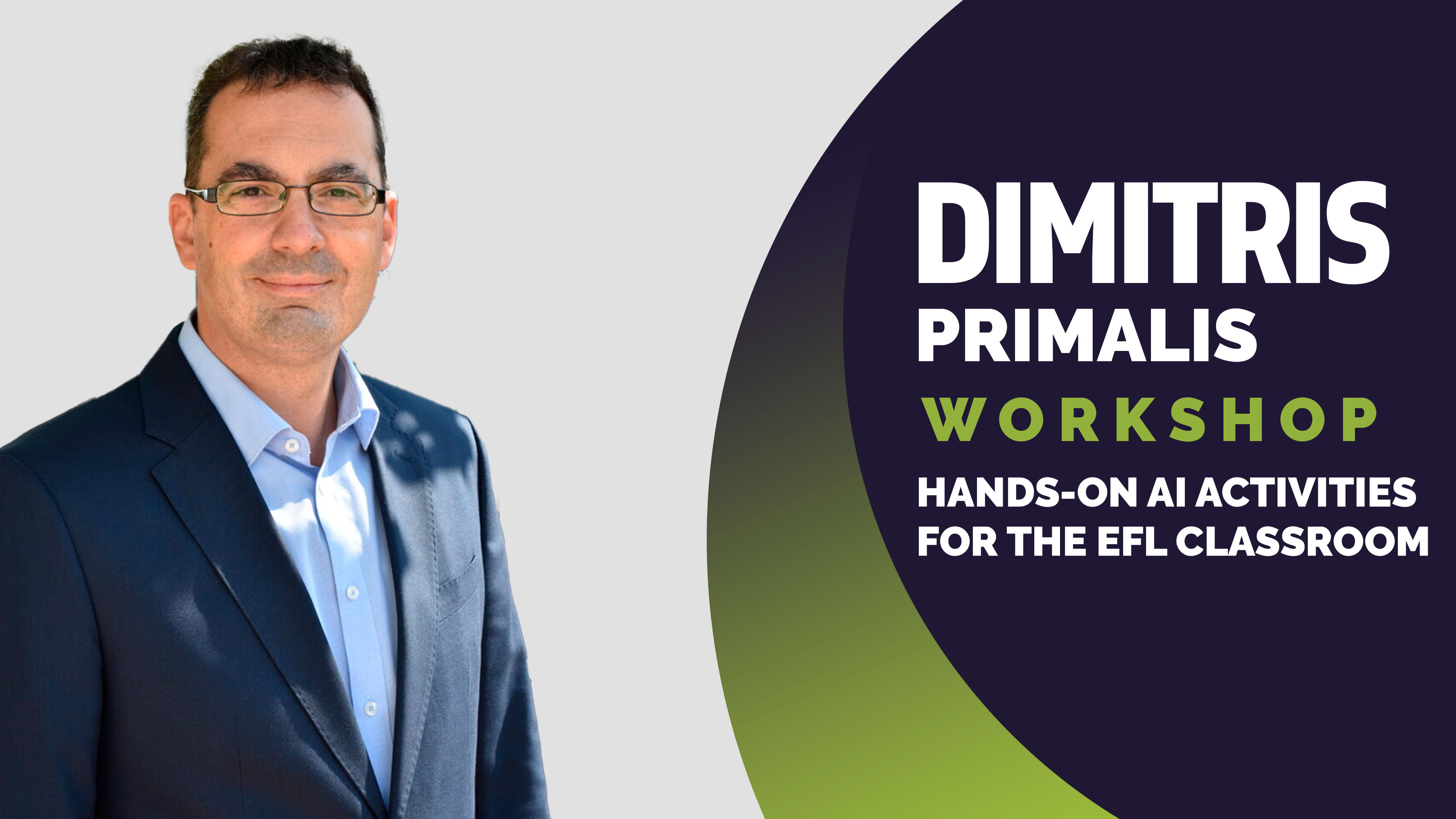
This interactive workshop is designed to equip English Language teachers with practical knowledge and hands-on activities to effectively incorporate Artificial Intelligence (AI) into their daily teaching practice. With AI rapidly transforming various industries, it is crucial for educators to harness its potential to enhance language learning experiences.
Participants will explore a range of user-friendly AI tools suitable for all levels of English proficiency, enabling them to create engaging lessons, provide personalized feedback, foster collaborative learning, and develop students' language skills in a dynamic and interactive manner. This workshop aims to empower teachers with the necessary skills and resources to embrace the benefits of AI, paving the way for an innovative and inclusive English language classroom.
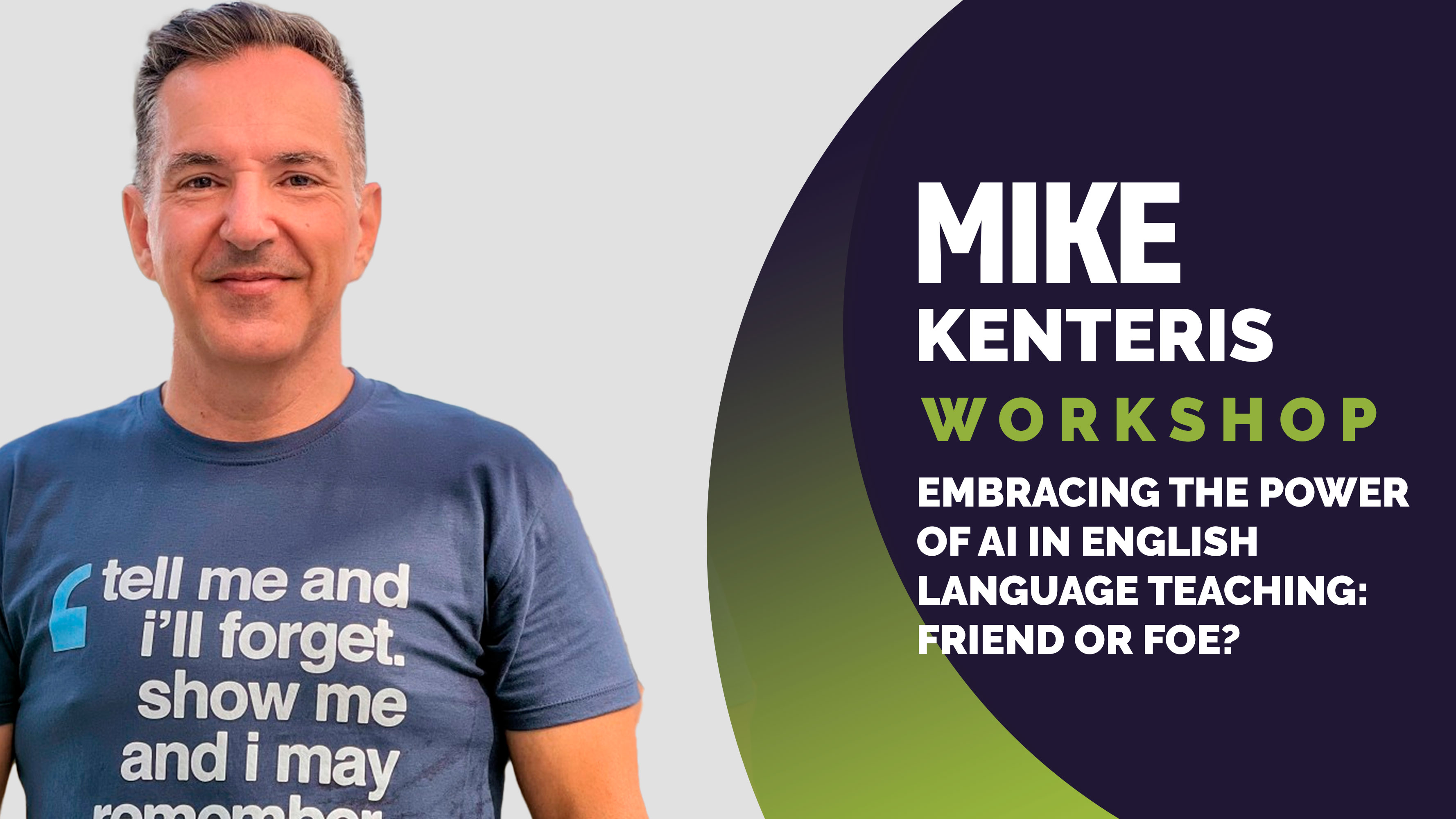
As English language teachers, we're always looking for ways to engage our students and improve their language skills. But what about using AI in our classrooms? Is it a friend that can help us achieve our goals, or a foe that threatens our jobs? In this workshop, we'll explore the pros and cons of using AI in ELT. We'll look at how it can help us personalize instruction, provide feedback, and even gamify learning. But we'll also talk about the ethical concerns around AI and how we can address them. By the end of this workshop, you'll have a better understanding of the potential of AI in ELT and how to make the most of it in your teaching practice. So, let's embrace the power of AI and prepare our learners for the future!
The Speakers
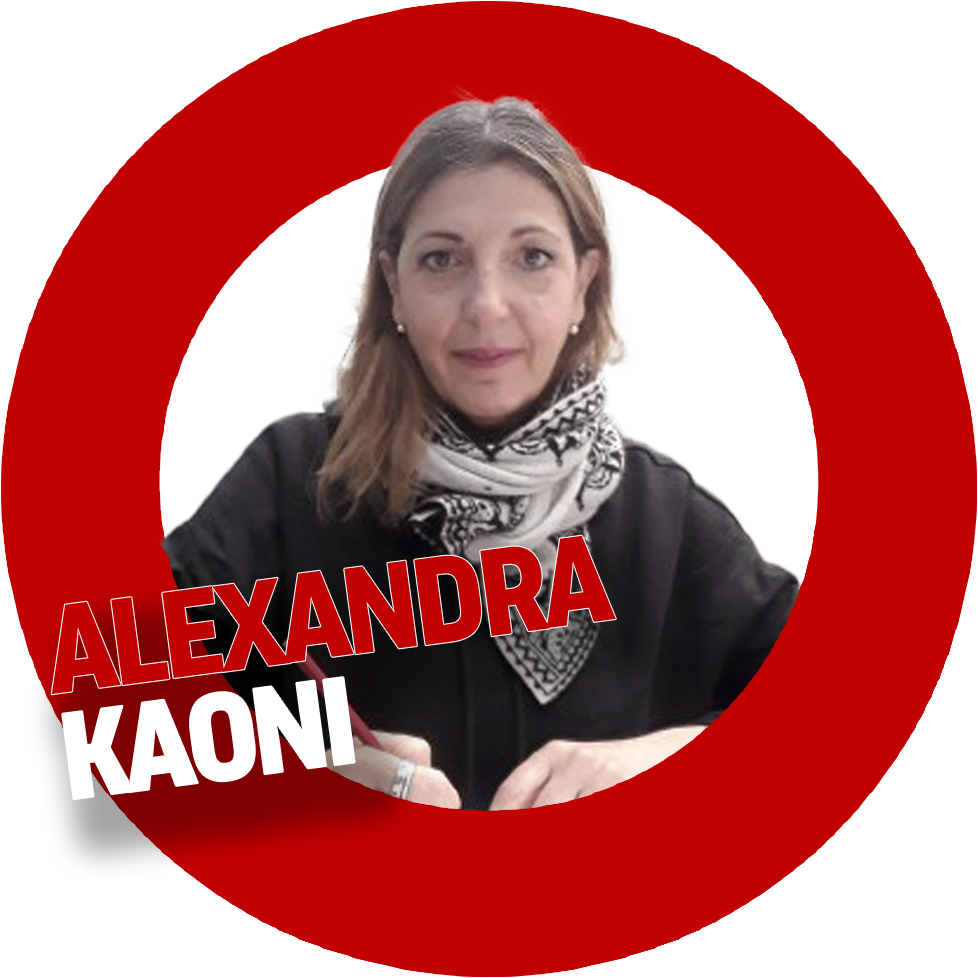
Alexandra Kaoni
Director of Graduate
Admissions, Deree & ALBA Graduate Schools
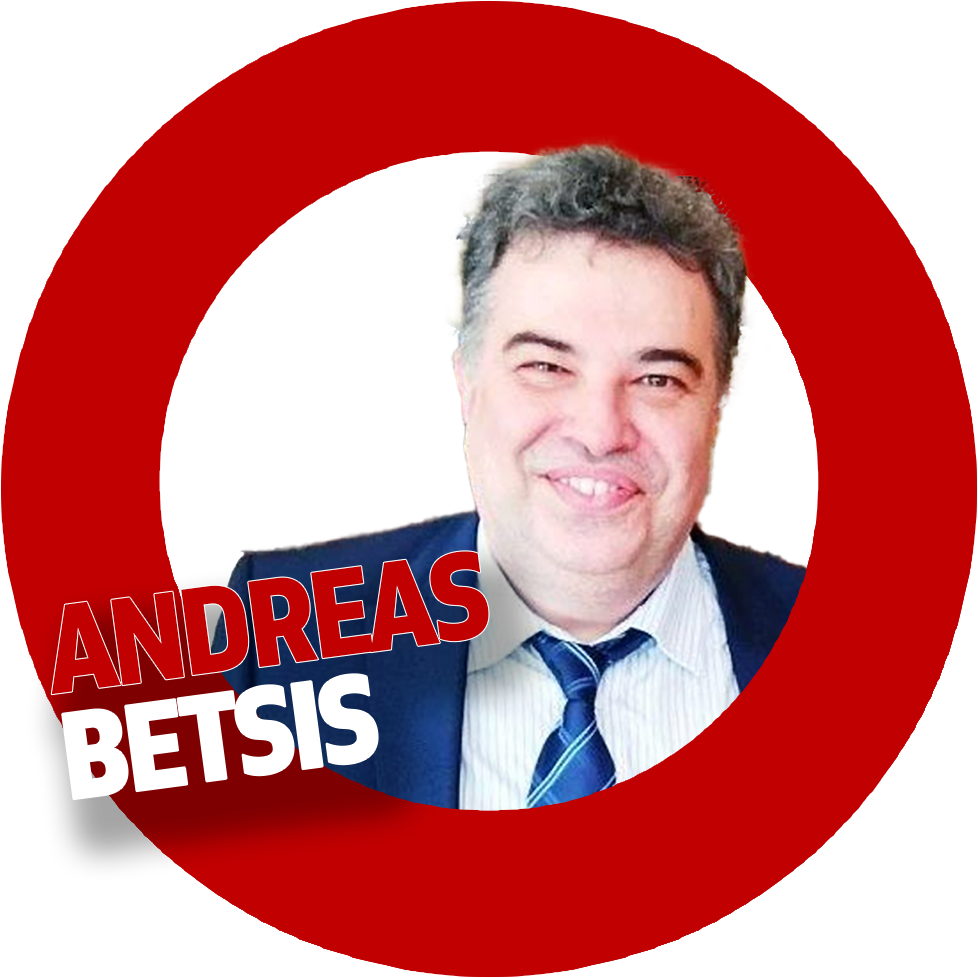
Andreas Betsis
Global ELT - Managing Director
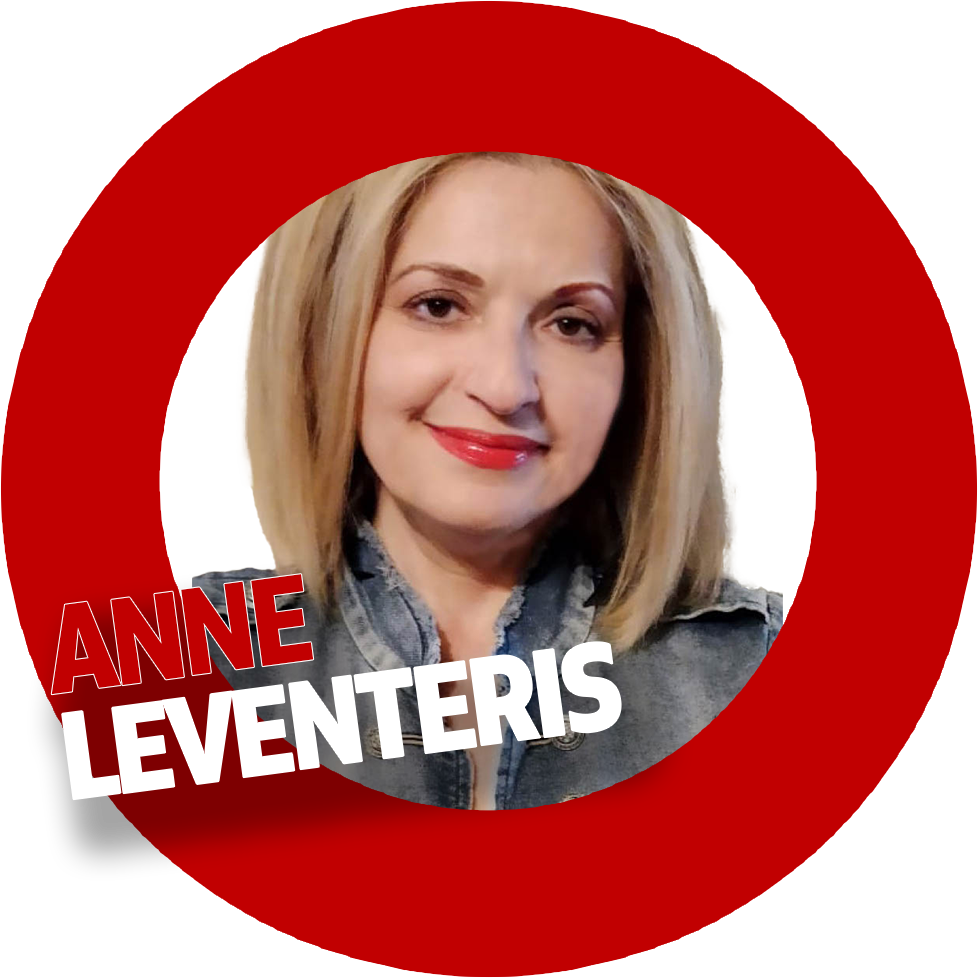
Anne Leventeris
Seminar Department Manager · Burlington Books

Catherine Mantadaki
Senior ELT Educational Consultant, Express Publishing
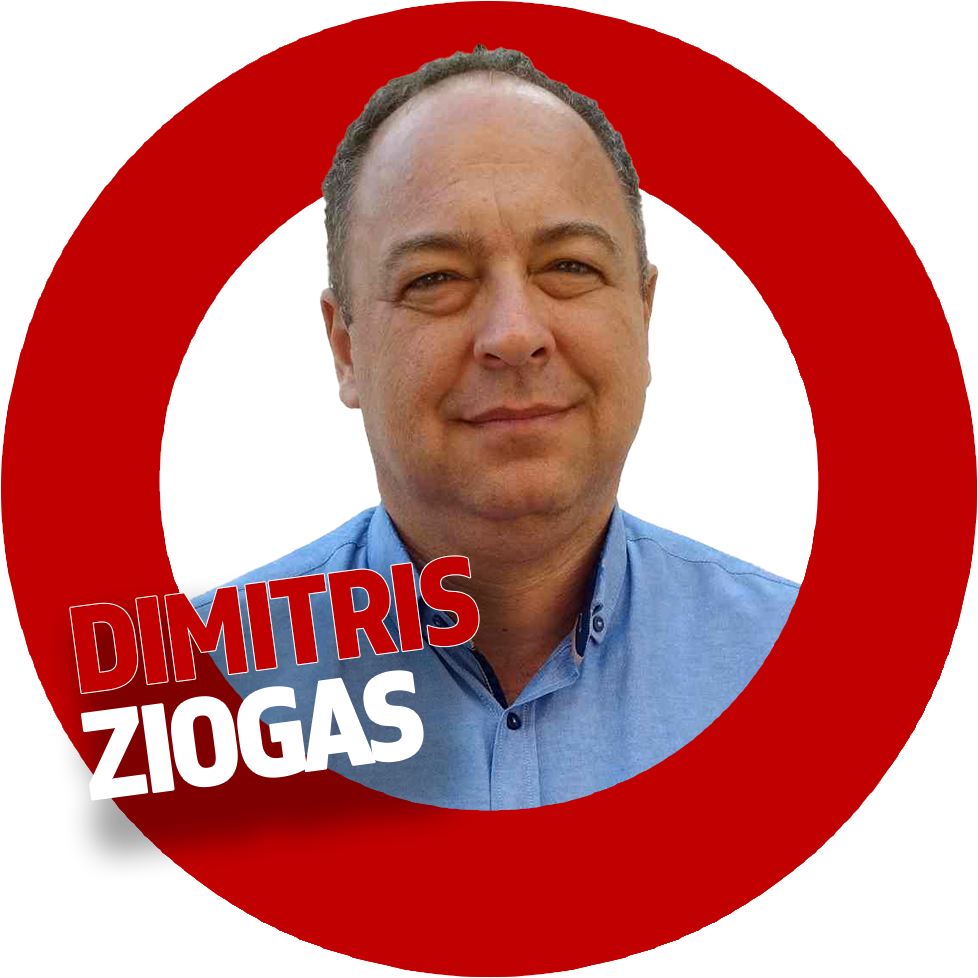
Dimitris Ziogas
CEO / Founder of Genius Language Centers in Larissa.
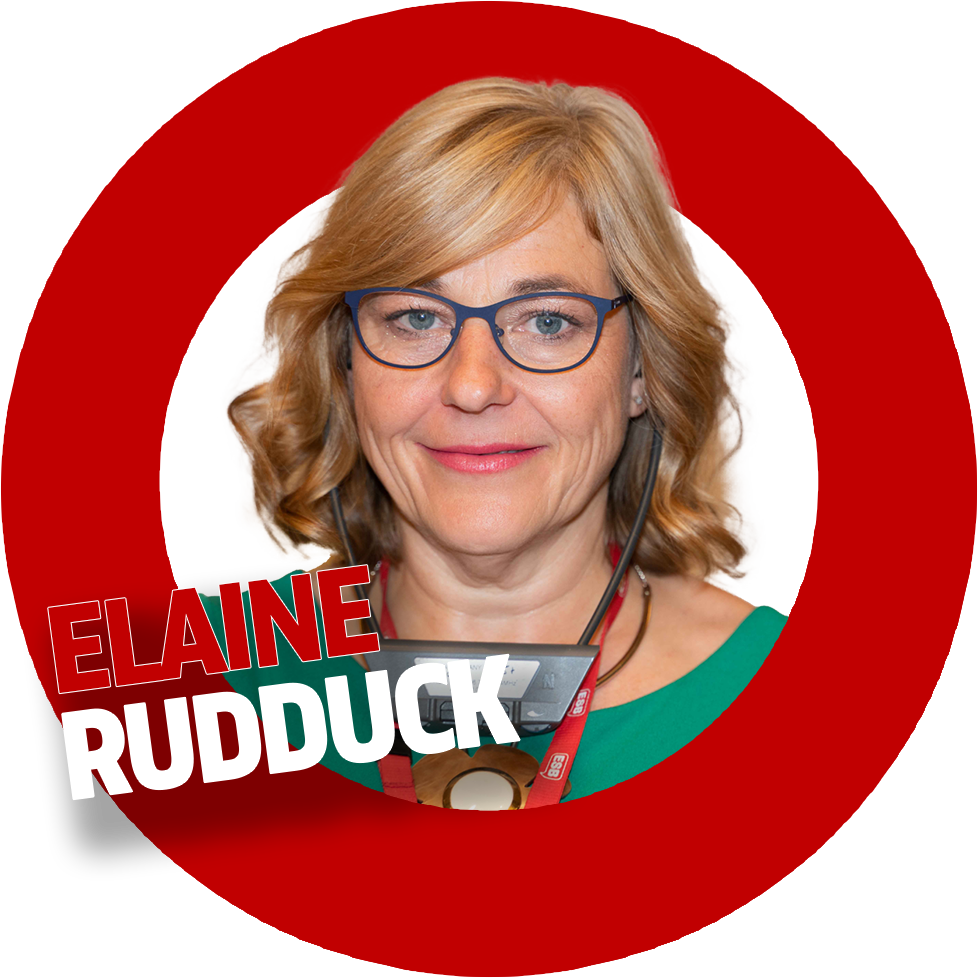
Elaine Rudduck
Head of Standards VTCT (ITEC)

Jenny Dooley
Author, President, Express Publishing

Konnie Karma
Author, certified STEAM and EFL educator, academic director and teacher trainer
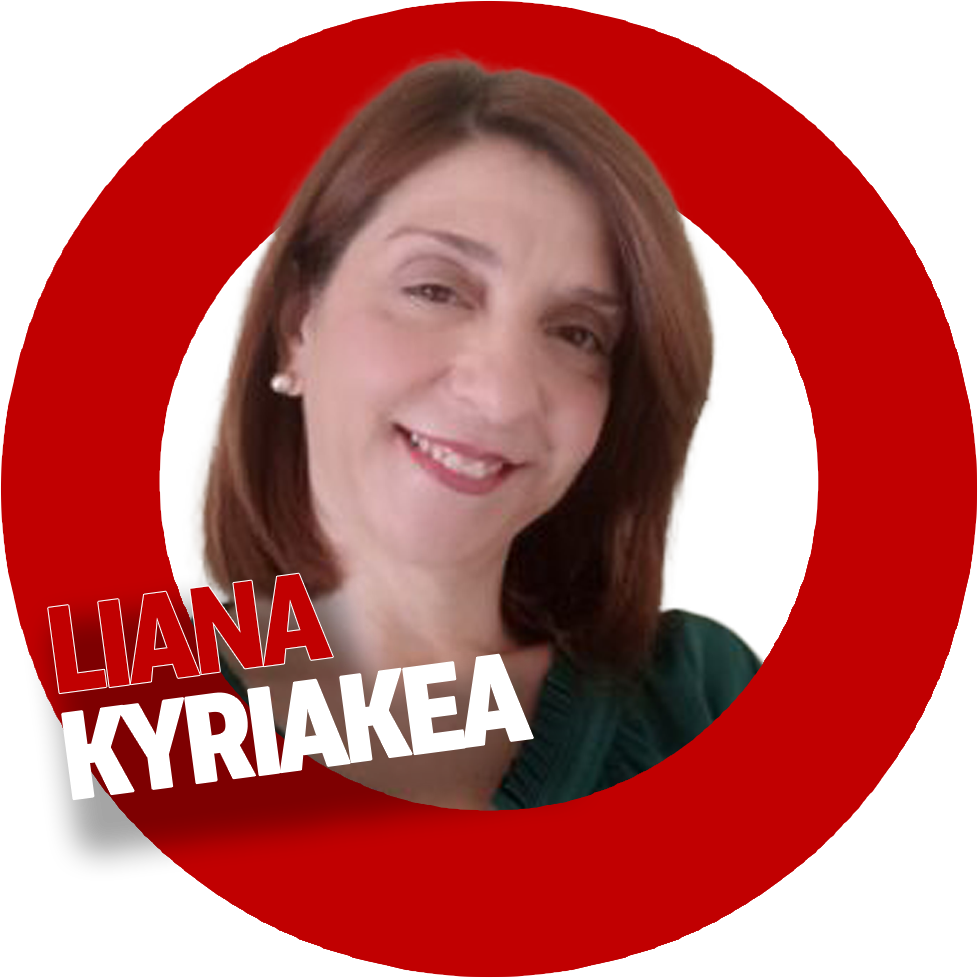
Liana Kyriakea
Instructor of English for Academic Purposes (EAP), Deree College , Summer Advising Associate

Lucy Strand
Head of Assessment VTCT (ITEC)

Mark Osborne
BSc Psychology, MA Media-Assisted Language Learning & Teaching
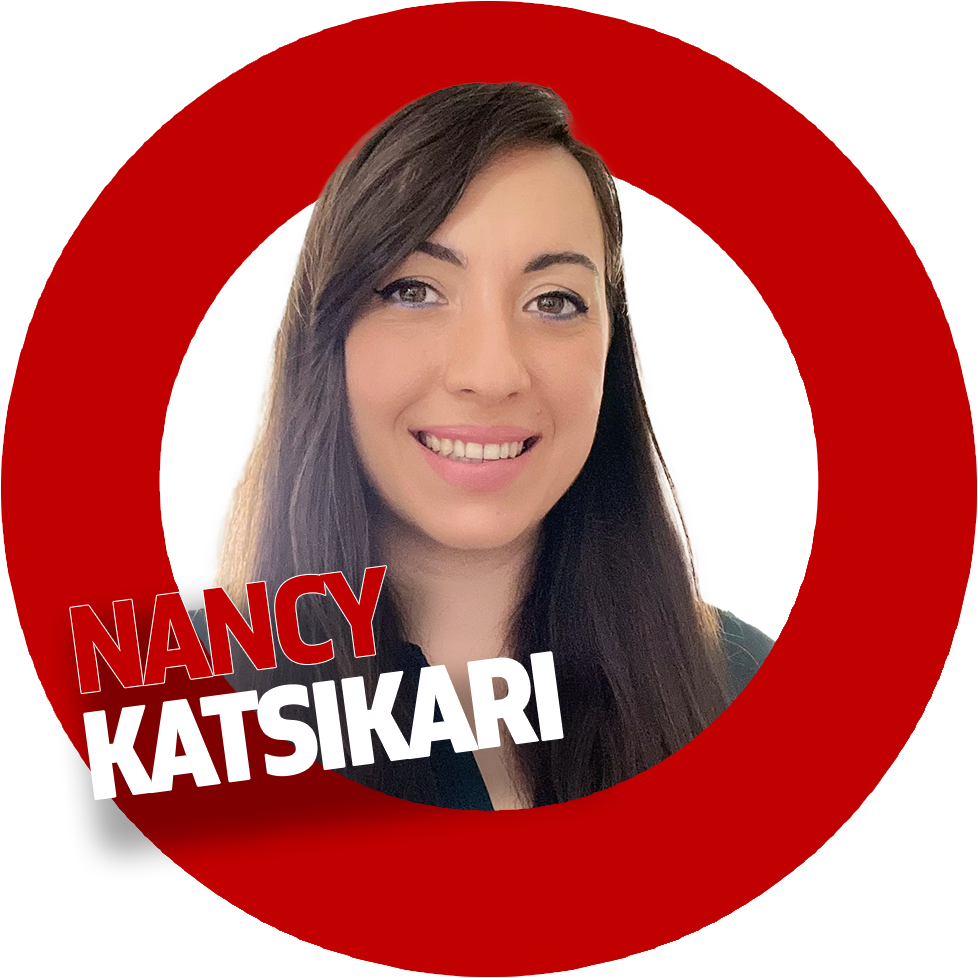
Nancy Katsikari
Academic Consultant SEE, LanguageCert
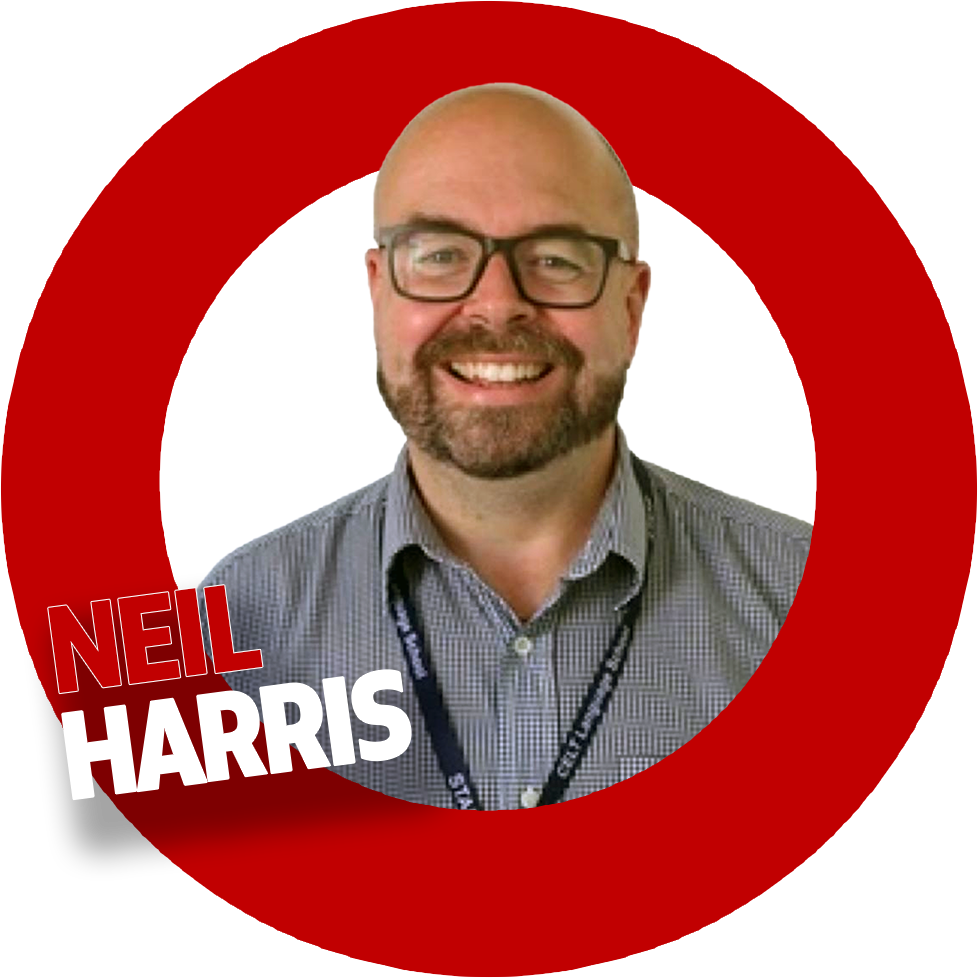
Neil Harris
Teacher, Teacher Trainer and Materials Writer

Tom Reynolds
CEO/Founder EdenFiftyOne

Tracy Huntingford
Editorial Manager Burlington Books
Download the programme
The Book Exhibition
Visit the book exhibition and talk to publishers, ELT Associations, examination boards and online services providers.

